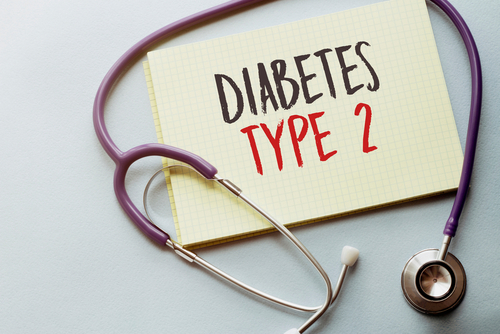
A study published in Diabetes Care reported that, compared with standard treatments, intensive antihypertensive treatment attenuated the risk of cardiovascular disease (CVD) associated with early-diagnosed hypertension by 35% in women with type 2 diabetes (T2D).
Researchers sought to investigate whether sex-related disparities in T2D-associated CVD risks are related to early-onset hypertension, a condition that “could benefit from intensive blood pressure (BP) control.”
A total of 3792 adults with T2D were analyzed, with a nearly equal distribution of men (51%) and women (49%). The primary objective was to investigate whether the timing of hypertension diagnosis, particularly early-onset hypertension, influenced the risk of CVD events in individuals with T2D, and whether intensive BP control could mitigate this risk.
Among the key findings of the study, the investigators found an 11% increase in the overall risk of incident CVD (hazard ratio [HR], 1.11; P=.006) for each decade earlier hypertension was diagnosed. This increased risk was largely observed in women who were receiving standard treatments as opposed to intensive antihypertensive treatments.
Furthermore, while intensive antihypertensive therapy showed promise in mitigating CVD risk for women with early-onset hypertension (P=.036), no significant protective effect was observed for men (P=.76)
“Women with T2D and early-onset hypertension may represent a higher-risk subpopulation that not only contributes to the female excess in diabetes-related CVD risk but may benefit from intensive BP control,” the authors concluded.







 © 2025 Mashup Media, LLC, a Formedics Property. All Rights Reserved.
© 2025 Mashup Media, LLC, a Formedics Property. All Rights Reserved.